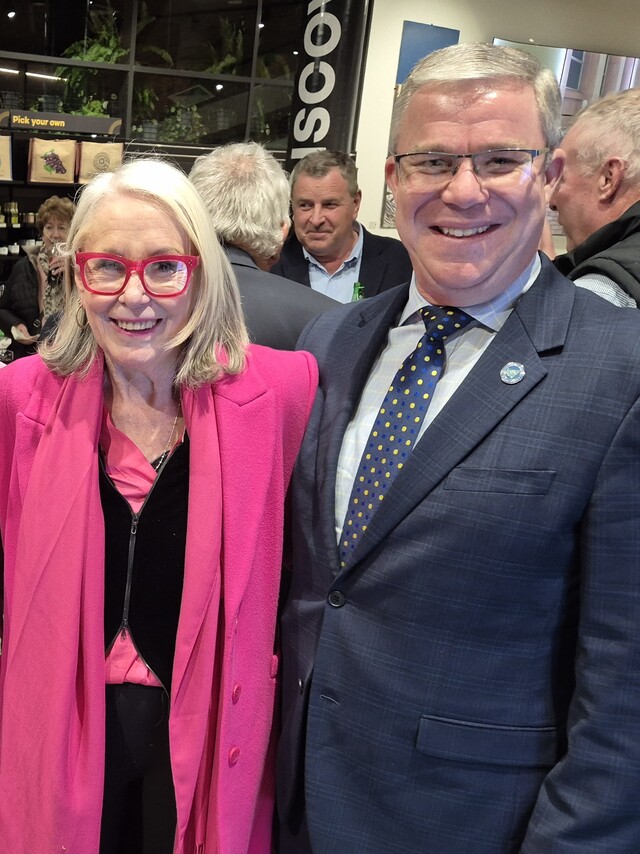IPWEA says there are three things Councils can do now!
It’s official! Civil engineers have been declared an endangered species. Or in officialese “the occupation of civil engineer has been assessed as being in national skill shortage” (www.jobsearch.gov.au). An undersupply of professional engineers is threatening the ability of Local Government and public works to deliver infrastructure and services that the community expects and demands.
And it appears that the problem is only going to get worse before it gets better. It is estimated that the retirement of the baby boomers will result in losses approaching 50 per cent of people working in engineering over the next ten years. At the same time in 2004, some 1,700 first year university engineering places were not filled.
The Institute of Public Works Engineering Australia (IPWEA) is implementing a national strategy to tackle the issue.
“Based on our research, while there is some demand by students applying for engineering courses, there are insufficient applicants at a suitably high level to be offered enrolment by many universities,” said Warren Roberts, IPWEA National President. “High achieving students are looking elsewhere other than engineering.”
IPWEA suggests there are three things that Local Government can do in the short term to assist, namely:
1. offer new engineering cadetships in their organisation 2. actively provide work experience for local schools 3. ensure young engineers are also given the opportunity to attend state and national conferences of their profession.
Warren Roberts said that Councils need to mentor and encourage young and budding engineers.
“There is now wide recognition that the public sector has not kept up with training and development of new staff,” he said. “The focus on the bottom line has often been at the expense of cadetships, vacation employment and work experience. It may have produced short term gain but at the expense of long term pain.”
According to IPWEA, Local Government is on a merry go round poaching staff from each other without adequately dealing with the root issue of supply. This might work for the wealthier, often City Councils in the short term but it is at the expense of the smaller Councils, particularly in rural areas.
“While immigration has tended to reduce the gap over the past decade, it is only part of the answer,” Warren Roberts said. “There must be a concerted effort to increase supply and at the same time retain older engineers in the workforce for longer even if it is on a part time basis. Older experienced employees will be crucial for their knowledge and the mentoring role they can provide to young people.”
The problem is not limited to employees of Local Government
In his presentation at the recent Local Government Association of Tasmania conference, IPWEA’s Executive Officer, Ross Moody, also raised the issue of the lack of young people standing for elected member roles. He suggested that the Association initiate their own strategy to attract young people to stand for Council – as well as address the shortage of professionals coming into Local Government.
“Without a strategy for elected members the average age of Councillors will continue to increase,” Ross Moody said. “Not only will this present an increasing culture gap between elected members and generation X and Y employees, it will likely reduce the appeal for young people to seek election.”
IPWEA will be working with other peak engineering associations to make engineering attractive to school leavers, and public works attractive to graduates, but the Institute also believes that Local Government must dramatically change its image in the eyes of the community.
One issue that has come out of IPWEA’s research is the concern of those working in the industry about the perception of Local Government in the community. It is not an employer of choice for young people. The Institute is seeking to work with other peak bodies, such as the ALGA and LGMA on the wider industry issues.
“While Local Government might not appear as exciting as other employment areas the reality is it provides a wide variety of activities and strong satisfaction working closely with the community,” Warren Roberts said. “It also offers portability of employment within Australia and internationally and that must be appealing to generation Y.”
IPWEA has developed webpages at www.ipwea.org.au/ayp to collate information and other resources on the issue. Further information can also be obtained on the IPWEA strategy from Ross Moody on 0417 955 394 or email rmoody@ipwea.org.au







